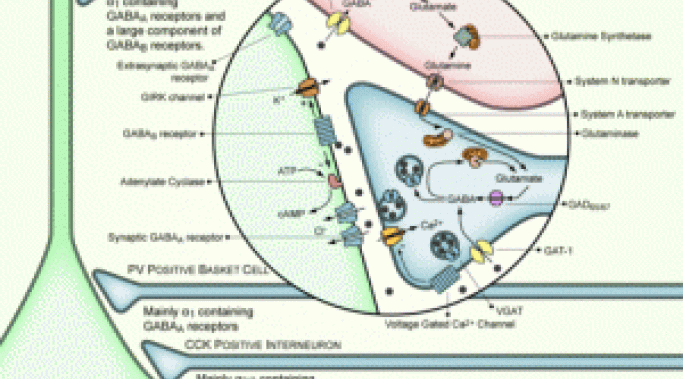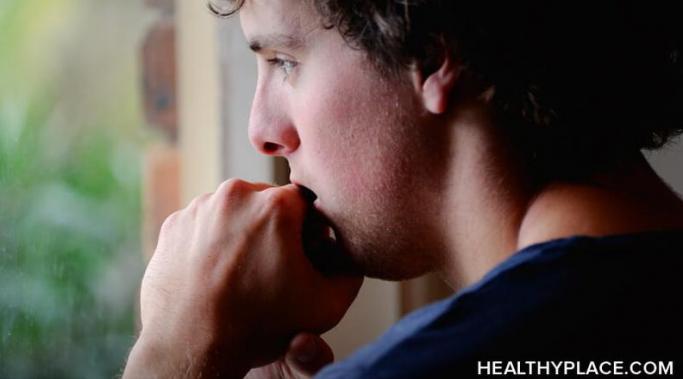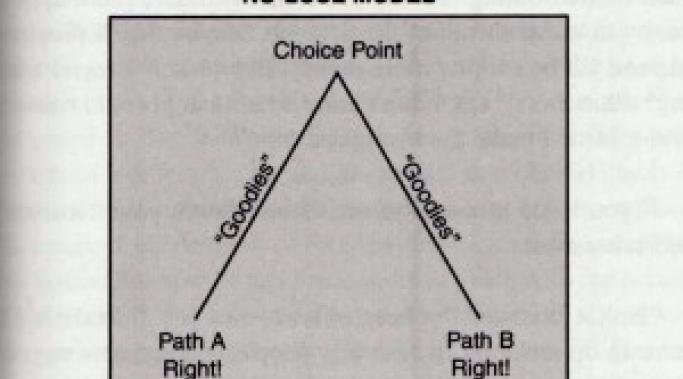If you're one of over 24 million people in the US who struggle with symptoms of posttraumatic stress disorder then you probably know exactly what it feels like to dissociate. When a situation, emotions or triggers cause you to feel overwhelmed, anxious, frozen or terrified the mind offers a typical (and really fantastic) coping mechanism: you go somewhere else in your head.
While dissociating can be a life-preserving response it can become a habit that severely inhibits PTSD recovery efforts. Part of healing means learning to become more present.
Trauma! A PTSD Blog
When you look at the mountain of PTSD recovery, does it seem like Mount Everest? Do you feel like you're there at the bottom of the mountain, one little person beneath the weight of an enormous backpack?
Recently, I received an email from a client's wife about baclofen and how it's being used to treat PTSD. She sent links withthe results of a study examining the efficacy of baclofen in PTSD treatment. While the research is compelling it made me think, "How can get we get these results without the drug?"
So I did a little sleuthing....
In 1981 a lazy doctor almost killed me. Who knows, maybe he was having a busy day, maybe he was hungry and just trying to get to lunch. Maybe he thought he knew so much about run-of-the-mill infections that he didn’t need to know so much about the unique disposition of individual patients. Whatever the reason, when I needed an antibiotic he failed to read my chart before prescribing a medication that my chart clearly noted as a possible danger.
What followed was a nightmare that lasted for over 25 years.
Here's the funny thing about the PTSD experience: Uncomfortable emotions become so familiar you don't even notice that you have them!
For example, in my own recovery, it wasn't until the anxiety disappeared that I realized I'd been living in such a state of high anxiety. Why is that??
During my trauma, there was a moment so overwhelmingly horrific and painful that I literally willed myself to die. I became intensely still and allowed all energy to flow out of my body. Very soon, I felt myself leave my body and move toward a tunnel in the ceiling that was ringed with white light.
Obviously, I wasn’t successful in my death quest. But in that moment what did I experience?
I received an email from a client last week; he was very upset. Usually, he's the kind of guy who likes to travel on the drop of a dime but since PTSD began to control his life, he’s noticed that traveling takes an enormous toll on him.
After even the smallest trip, he wrote, "I have to sleep all the next day. Is this part of the PTSD profile?"
In a word: Yes.
If you've survived a type of trauma and are now in some form of recovery from its effects, chances are you're movingatwarpspeed. You could probably win the Indie 500 with little to no practice just by sitting still.
Decisions, actions, behaviors, thoughts and emotions can all seem amped up when you live with anxiety, fear, panic and hypervigilance.
If you have PTSD (post-traumatic stress disorder), you’re no stranger to excessive feeling, acting and behaving.
Think of it this way: Living with PTSD, you are like a pitcher filled to the brim with water. As long as no one and no thing pours more water on the pitcher, it can stay at capacity and not overflow. You can hold yourself together, cope and manage if, not easily, at least often somewhat effectively.
When more water is added to the pitcher, however, what happens? That’s right! The liquid overflows and there’s just nothing you can do about it.
Since your trauma have you noticed that the smallest decisions have become ENORMOUS????
Since your PTSD symptoms surfaced, have you noticed that even the tiniest choice seems to exacerbate your feelings of panic, anxiety, fear and apprehension?
If you answered ‘Yes!’ to either of these questions you are soooo part of a crowd (a/k/a: you are not alone!).








